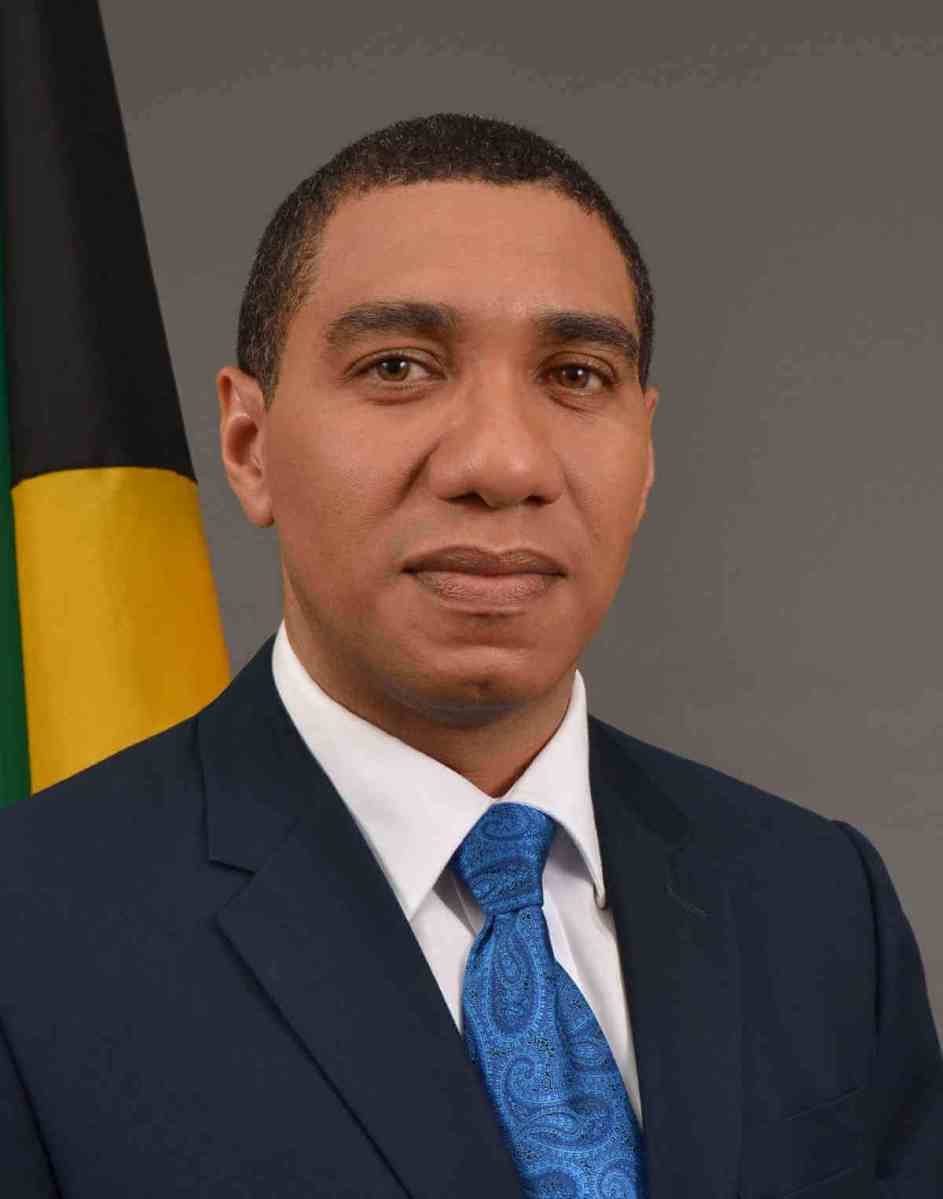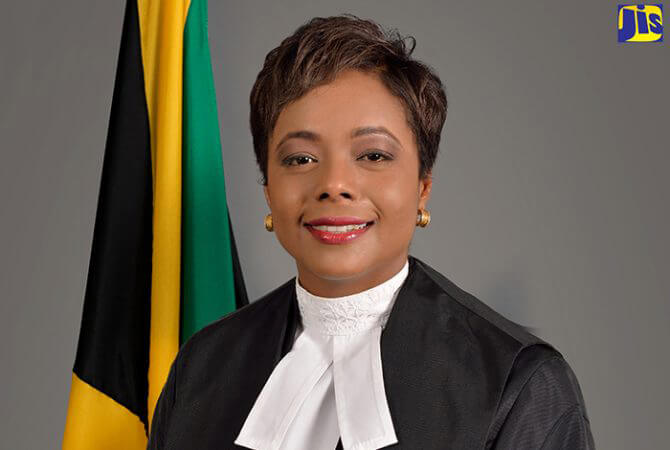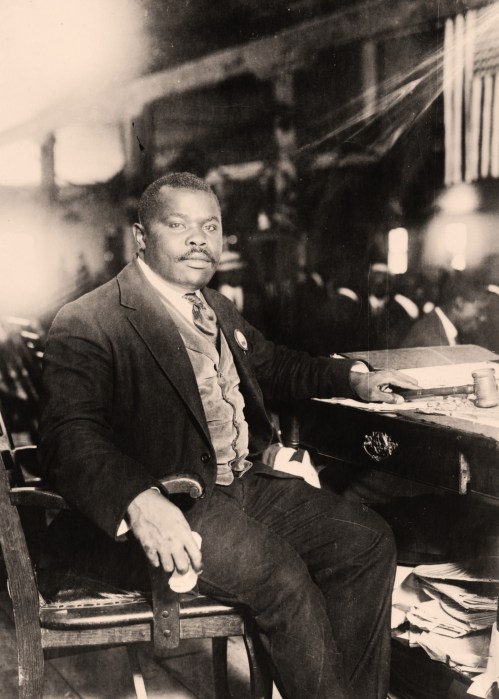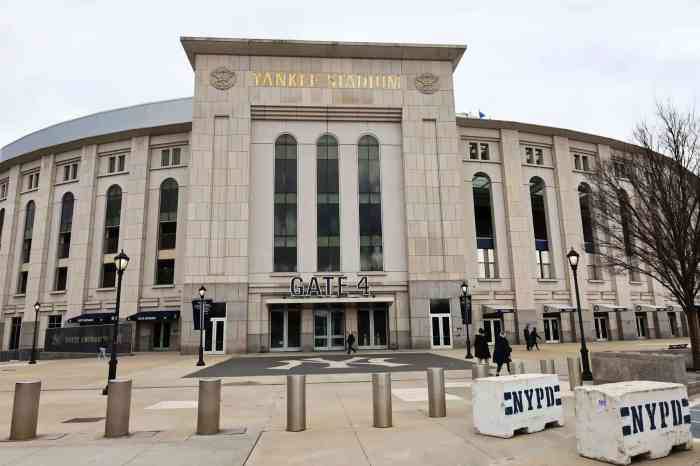In four of the larger Caribbean Community nations, successive governments have had to fight to dismantle entrenched rackets in the police service and security ministries linked to the sale of mostly handgun carry permits by top officials and in recent months, probes have led to the departure of two top security officials in Jamaica and Trinidad.
Late last week, Robert Montague, the minister in Prime Minister Andrew Holness’ office resigned in disgrace after an office probe found that he had granted carry licenses to several people who were ineligible to obtain permits. Some of those issued licenses were listed in the reports as district enforcement dons, convicted murderers, deportees from the US and others with felony convictions.
Montague’s resignation has hit a nerve in the region as it comes in the midst of a raging debate in Trinidad over a massive gun licenses for sale racket, which has been going on for years and getting bigger by the year. Montague was a former security minister but has in recent years been downgraded to a minister without portfolio in the wake of a series of gaffs and scandals which have undermined his credibility.
The unearthing of the racket followed persistent reports that led to at least two official probes and led to the dismissal of former Trinidad police chief Gary Griffith as he was widely blamed for administrative negligence and focusing on unrelated issues while the enterprise raged around him.
The Jamaican scandal has put pressure on the administration of Holness and it has been made worse by revelations from the main licensing authority that racketeering had become the norm, involving several top police and other officials.
Shane Dalling, the chief executive of the firearm licensing board, told journalists last month that more than 200 people with criminal convictions of adverse backgrounds now carry guns because they were incorrectly granted permits over a three-year period.
“During the period where persons were getting gun licenses under questionable circumstances, everybody made money from it. The ministry of national security was aware of what was taking place. I am a straight shooter and speak my mind openly and forthrightly. I do so without fear or favor,” Dalling said.
The result is that several former top officials are now calling on the cabinet to amend legislation scrapping the authority and involvement of ministers in the issuance of firearm permits.
The Gleaner Newspaper reported at midweek that there is a growing lobby for ministers to exit the process as it could lead to corruption and political bias in granting licenses.
“I had to exercise that jurisdiction once, and it’s tedious, because I held hearings. The applicants would come before me and 90 per cent of the time with their lawyers. I would cross-examine them quite frankly before my decision,” said former security minister K.D Knight. Some applications were refused after the cross examination process.
Current opposition senator and former Jamaican security minister, Peter Bunting, has also been named for issuing licenses to disreputable applicants.
In Trinidad, Prime Minister Keith Rowley is overlooking a current probe into a similar racket there. Preliminary findings from a months-long probe have already resulted in the dismissal of chief Griffith late last year as he was cited for administrative negligence linked to the fact that the swirling racket was being conducted “right under his nose” while he publicly clashed with politicians and others on unrelated issues. His contract was not renewed because of the racket, instances of rank disrespect to PM Rowley and other acts of abrasiveness, officials said.
For example, the findings of one investigation noted that there was a “well-oiled, white collar criminal enterprise” operating without Griffith’s knowledge.
Rowley said at the weekend that “we are now doing an audit of the firearms department because what we do know is that there was an enterprise going on inside there, but we did not know the extent, breadth and the effect of it,” the Express newspaper quoted him as saying.
Meanwhile, in regional headquarters Guyana, a thriving racket continues with applicants paying up to $10,000 to facilitators, many of them high ranking police officers and politicians, for permits.
Over the weekend, Surinamese President, Chan Santokhi proposed family members being added to permits to ease backlogs and to make it easier for spouses to use in the event of an emergency. He also said the entire issuing system needs to be reviewed.
“There will be an integrated policy for firearms ownership and a committee to review everything,” Santokhi said. Until October of last year, the public prosecution service (OM) had signed 621 hunting rifle and 235 handgun orders, local media reported.



























